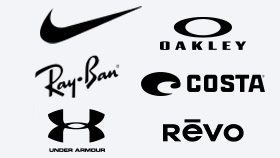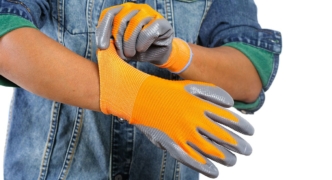What’s the Difference Between Nitrile and Vinyl Gloves?
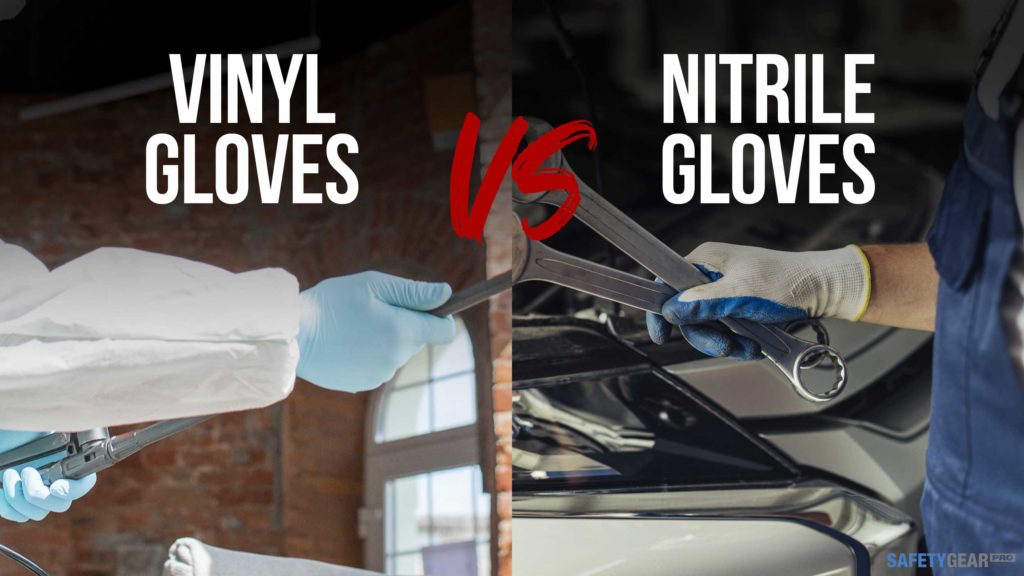
When you are shopping for disposal gloves, you may be uncertain whether you should buy nitrile gloves or vinyl ones. Simply looking at these two options, they may seem very similar. In a lot of ways, they are similar. However, there are a few key differences that may affect your decision.
Materials
Nitrile is a synthetic material that is similar to latex, a material made from natural rubber. These gloves tend to be thicker than vinyl alternatives. Vinyl gloves are also synthetic. They are made from polyvinyl chlorate (PVC).
Advantages
Typically, nitrile gloves offer more protection, are more durable and are stretchier. This is due to the elasticity and mechanical resistance of the material. They are less likely to break when rubbed or abraded. They are also better at resisting acidic, basic or slightly corrosive substances.
Vinyl gloves are significantly most cost-effective than nitrile ones. They are often available in large quantities due to their smaller size. Additionally, many businesses feel more comfortable using them as single-use disposable gloves. Many people find vinyl gloves to be more comfortable to wear because they are softer. However, they are also less durable.
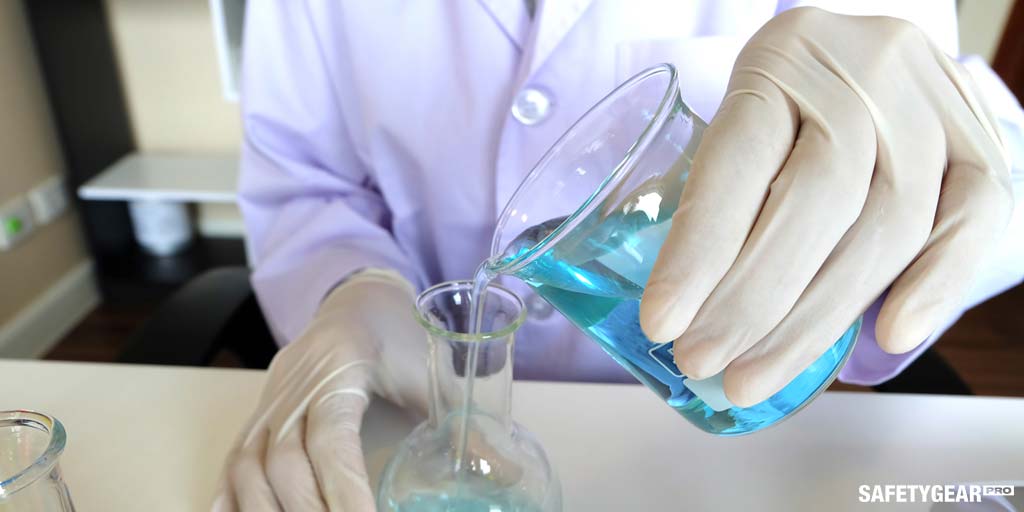
Uses
Due to their higher resistance, nitrile gloves are often chosen for handling more dangerous chemicals. They are also often used by healthcare workers and researchers handling viruses and bacteria. Many mechanics and similar workers also use nitrile because it can handle the rigors of their work more easily.
Vinyl gloves are also often used for handling chemicals. Food-safe vinyl gloves are popular in restaurant settings due to their cost-effectiveness.
Order Today
Whatever your needs, order hand protection from Safety Gear Pro. We have nitrile, vinyl, and other gloves to help keep your hands safe while working in a diverse array of settings. Check out our full lineup of safety products and place your order today.
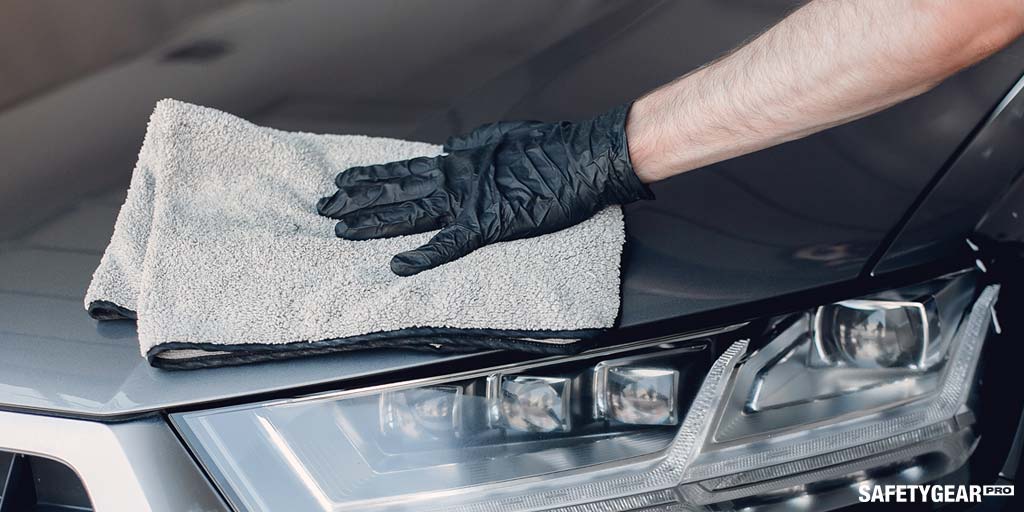
Nitrile and Vinyl Glove FAQs
Are Nitrile and Vinyl Gloves Food Safe?
Many pairs of nitrile and vinyl gloves are food safe. The FDA requires that food-safe gloves be certified under FDA Title 21 CFTR Part 177. Glove manufacturers must submit samples for testing to be certified. We provide information on ratings and certifications on our product pages.
Are Nitrile and Vinyl Gloves BPA-Free?
Nitrile is typically BPA-free. Vinyl gloves are sometimes BPA-free. However, the less expensive types may be made using phthalates and BPA to make them softer and more flexible. Check the product pages on Safety Gear Pro to see if a particular brand of gloves is BPA-free.
Are Nitrile and Vinyl Gloves Waterproof?
Yes, nitrile and vinyl are both waterproof materials. However, vinyl’s porosity can vary more during production. This means that they are less effective at keeping out liquids. In most cases, vinyl is sufficiently water-resistant. However, nitrile is better for other chemicals.
Vinyl vs Nitrile Gloves, Which Are Better?
In terms of resistance and protection, nitrile gloves are better. However, they are also often thicker and more expensive. Therefore, when vinyl gloves are sufficient, many people choose to use them. Consider what your needs are when you select a glove material.
Why Use Disposable Gloves?
Using disposable nitrile gloves and vinyl gloves can help contain any contaminants that may be on the glove surface. This isn’t always necessary in industrial and mechanical settings. However, in health, science and food services, throwing away gloves is often necessary to maintain cleanliness.







